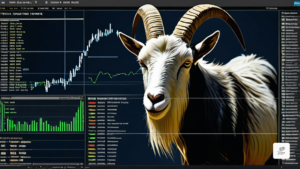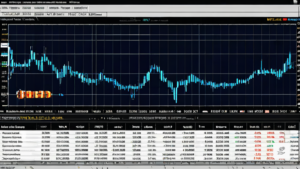The Art of Identifying Opportunities in Financial Markets

Exploring Opportunity Markets
In the world of investing and financial speculation, there is an ancient principle that guides traders: buy when the price is low and sell when it is high. This strategy is based on finding assets that are trading below their intrinsic or fair value, or detecting discrepancies ahead of a price correction.
Overbought and oversold markets are key concepts that help traders understand market conditions and anticipate future trends. When an asset is overbought, its price is considered high relative to its perceived value, indicating a potential downward correction. Conversely, an oversold asset is trading below its intrinsic value, signaling a potential upward rebound.
Tools to Detect Opportunities
To identify and capitalize on these market opportunities, traders rely on a variety of technical indicators. Some of these indicators include the Stochastic Oscillator, the Relative Strength Index (RSI), Bollinger Bands, the Commodity Channel Index (CCI), Fibonacci Retracements, On-Balance Volume (OBV), and the Moving Average Convergence Divergence (MACD).
Using Key Indicators
Each indicator offers a unique perspective on the market’s movements. For example, the Stochastic Oscillator and RSI are great for identifying overbought and oversold levels, while Bollinger Bands help determine turning points. The CCI and Fibonacci Retracements provide valuable insights into potential trend changes, and the OBV and MACD are useful for confirming buy and sell signals.
Benefits of Recognizing Market Signals
The ability to identify overbought and oversold markets is essential to any successful investing strategy. Knowing when to enter or exit a market at the right time can mean the difference between a profitable trade and a loss.
By anticipating market fluctuations, traders can maximize their profits by buying at low prices and selling at high prices. While identifying these opportunities can be challenging, mastering the art of recognizing overbought and oversold markets can lead to significant financial rewards in the long run.




